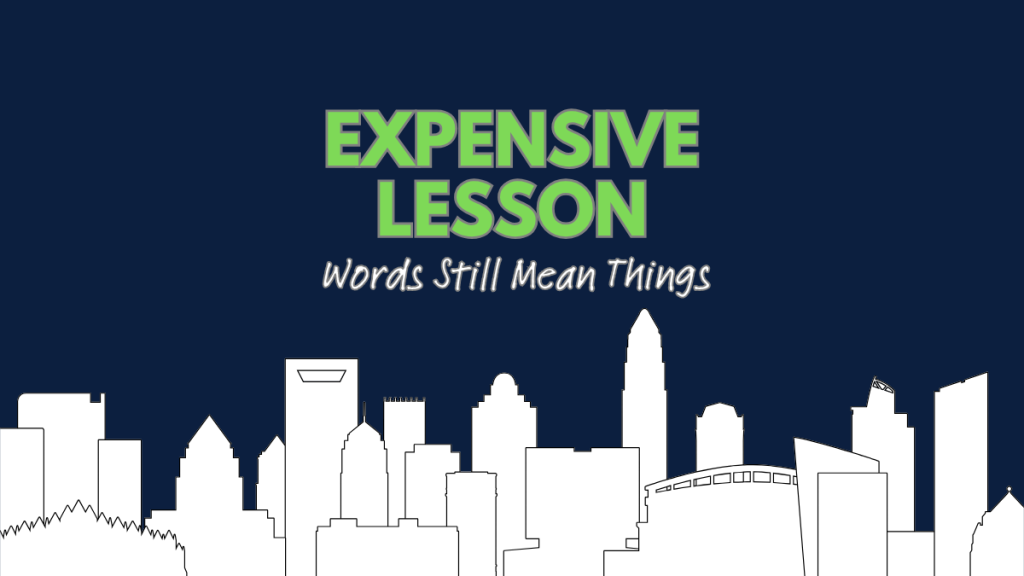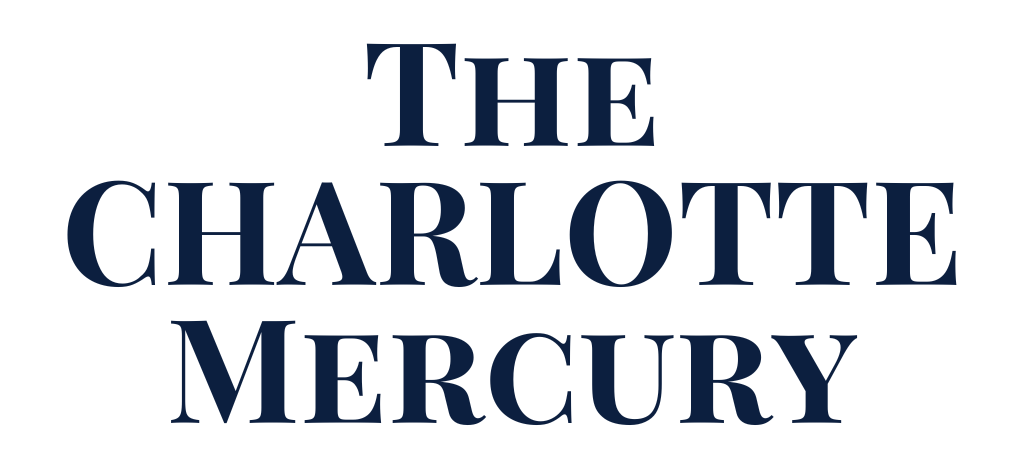
Spend $25,000 to Learn Nothing
When Politicians Weaponize “Corruption” for Campaign Season
Charlotte has just spent $25,000 and five months investigating corruption allegations made by one of its own city council members. The investigation, conducted by outside legal counsel at $300 per hour, concluded there was “no merit to allegations of unethical, immoral, or illegal activities” within the city government.
Councilmember Victoria Watlington, who triggered the investigation, says she has no regrets.
That’s the problem.
The Allegation and Its Cost
Earlier this year, Watlington sent an email to supporters describing “unethical and frankly illegal activities” within Charlotte city government. Those weren’t weasel words. They had consequences.
The interim city attorney notified potential airport bond investors about corruption allegations. The city hired Patrick Flanagan of Cranfill Sumner to investigate. Staff time got diverted from city business. The reputations of nearly 9,000 city employees were called into question.
At Tuesday’s press conference, Watlington said she “absolutely stands by” what she said while acknowledging her comments were “interpreted differently than intended.” She never meant to allege financial corruption, she explained. She was using Lord Acton’s famous quote: “Power corrupts and absolute power corrupts absolutely.”
This deserves scrutiny. Watlington sent an email about illegal activities in her own government, then claimed a 19th-century aphorism explains away language like “frankly illegal.” That’s not miscommunication. That’s backpedaling.
What makes this more troubling is that Watlington contacted the SEC herself. They found no connection between her concerns and airport bonds. Charlotte maintained its triple-A rating throughout. She had this information before the investigation concluded, yet it proceeded anyway.
The Political Calendar
The email went to supporters during re-election season. Watlington has built her council profile around progressive housing policy and police accountability—legitimate issues that don’t require corruption allegations to merit attention. But “I have policy disagreements” doesn’t generate the same headlines as “unethical and frankly illegal activities.”
When the investigation found nothing, the narrative shifted. She became the councilmember brave enough to raise concerns, who forced transparency, who stands up for proper procedure.
How did she end Tuesday’s press conference? “Early voting starts October 16th.”
If you’re tracking Charlotte’s election season circus—and you should be, because Poll Dance 2025 is heating up faster than a zoning meeting on rezoning night—this timing isn’t coincidental.
Her original concerns centered on a settlement between city council and Police Chief Johnny Jennings that wasn’t fully public. That’s a transparency issue. Cities negotiate settlements with varying degrees of disclosure. These are process questions resolved through policy reforms.
They are not “frankly illegal activities.”
If Watlington believed the settlement revealed procedural problems, she had options: raise concerns with the city attorney, request an ethics review, propose policy changes. She could have addressed transparency without alleging criminal conduct.
At the press conference, she said she wanted more “specific analysis for each concern” and found the investigation’s scope “very, very limited.” But when an investigation finds no merit to corruption allegations, there’s nothing to analyze. What she wants is evidence that wasn’t there.
What This Costs Beyond Money
When elected officials make corruption allegations they can’t support, they make actual corruption harder to address. Every unfounded claim drains those words of meaning. Charlotte will face genuine ethical lapses eventually. Will anyone believe it? Or will it get dismissed as partisan theater?
The pattern extends beyond Charlotte. “Corruption” has become shorthand for “decisions made without consulting me.” The word loses precision. Real abuse of power becomes harder to identify because we’ve taught people to tune out corruption allegations as noise.
Watlington outlined her future “red flags”: adequate due diligence, stakeholder engagement, community input. These are governance concerns, not ethics violations. They prove her original allegations overstated the problem.
The Accountability Gap
The investigation cost at least $25,000 in legal fees, not counting staff time or reputational damage. It created uncertainty for bond investors and diverted attention from Charlotte’s actual challenges: infrastructure, housing affordability, transportation, equitable development.
When public officials make serious allegations, they should support them or own the mistake. Watlington did neither. She stands by her words while claiming they meant something else. She wants credit for forcing transparency while taking no responsibility for the cost.
The investigation cleared everyone she’d implicitly accused. But it revealed something about political accountability in 2025: You can make unfounded corruption charges, generate headlines, trigger expensive investigations, and pay no price as long as you frame it as “raising concerns.”
Charlotte’s 9,000 city employees deserved better than having their integrity questioned without evidence. Taxpayers deserved better than funding an investigation into campaign rhetoric. And future corruption allegations deserve to be taken seriously, not dismissed as election season theater.
Early voting begins October 16—participation matters.
So does choosing words carefully. So does owning mistakes. So does understanding that when you’re an elected official, “corruption” isn’t a synonym for “I disagree.”
Watlington learned nothing from this investigation. Charlotte residents shouldn’t make the same mistake.
About the Author
Peter Cellino is the Publisher of The Charlotte Mercury, running on cold brew and the stubborn belief that Charlotte deserves journalism that doesn’t pull punches. Got thoughts? Fire away on Bluesky at petercellino.com.
The Fine Print
The Charlotte Mercury operates on transparency, cold brew, and the radical notion that you deserve to know what your government is doing. Check our Privacy Policy (we don’t sell your data), learn more About Us (spoiler: we care about Charlotte), review our Terms of Service (straightforward stuff), explore our Media Kit (support local journalism), or just Contact Us (we actually respond).
Creative Commons License
© 2025 The Charlotte Mercury
This article, “Charlotte Spent $25,000 to Learn Nothing,” by Peter Cellino is licensed under CC BY-ND 4.0.
“Charlotte Spent $25,000 to Learn Nothing”
by Peter Cellino, The Charlotte Mercury (CC BY-ND 4.0)
